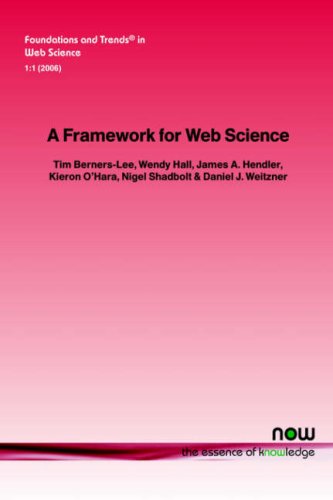Assessing Trust, Subjective Logic, Real-Valued Triple
Another key factor in assessing the trustworthiness of a document is the reliability or otherwise of the claims expressed within it; metadata about provenance will no doubt help in such judgements but need not necessarily resolve them. Representing confidence in reliability has always been difficult in epistemic logics. In the context of knowledge representation approaches include: subjective logic, which represents an opinion as a real-valued triple (belief, disbelief, uncertainty) where the three items add up to 1 [159, 160]; grading based on qualitative judgements, although such qualitative grades can be given numerical interpretations and then reasoned about mathematically [110, 115]; fuzzy logic (cf. [248]); and probability [148]. Again we see the trade-off that the formalisms that are most expressive are probably the most difficult to use.
Notes:
Need to follow up on these concepts, learn more about them for establishing the trustworthiness and quality of content.
Folksonomies: todo web science semantic web
Taxonomies:
/business and industrial (0.547859)
/science/social science/philosophy (0.499766)
/art and entertainment (0.449803)
Keywords:
subjective logic (0.908122 (neutral:0.000000)), triple (belief, disbelief, uncertainty) where the three items add up to 1 [159, 160]; grading based on qualitative judgements, although such qualitative grades can be given numerical interpretations (0.821432 (neutral:0.000000)), knowledge representation approaches (0.814559 (neutral:0.000000)), qualitative judgements (0.704983 (neutral:0.000000)), epistemic logics (0.678757 (positive:0.499071)), key factor (0.651477 (positive:0.601416)), doubt help (0.651352 (neutral:0.000000)), qualitative grades (0.647939 (neutral:0.000000)), numerical interpretations (0.632426 (neutral:0.000000)), fuzzy logic (0.611970 (negative:-0.398162)), trustworthiness (0.577961 (positive:0.569810)), reliability (0.521140 (positive:0.550243)), trade-off (0.478672 (negative:-0.568969)), disbelief (0.470644 (negative:-0.412839)), formalisms (0.468656 (negative:-0.568969)), provenance (0.465295 (neutral:0.000000)), metadata (0.458845 (neutral:0.000000)), uncertainty (0.455672 (neutral:0.000000)), confidence (0.452536 (positive:0.499071)), cf (0.452358 (neutral:0.000000)), probability (0.450336 (neutral:0.000000)), Trust (0.447337 (positive:0.341546)), concepts (0.446945 (neutral:0.000000)), quality (0.446613 (positive:0.538204)), content (0.446552 (positive:0.538204)), context (0.443926 (neutral:0.000000)), opinion (0.443299 (neutral:0.000000))
Entities:
fuzzy logic:FieldTerminology (0.822789 (negative:-0.398162))
Concepts:
Epistemology (0.975849): dbpedia | freebase | opencyc
Truth (0.874260): dbpedia | freebase
Logic (0.846637): dbpedia | freebase | opencyc
Reason (0.666842): dbpedia | freebase
Mathematics (0.639315): dbpedia | freebase | opencyc
Belief (0.552238): dbpedia | freebase
Philosophy (0.547590): dbpedia | freebase | opencyc
Aristotle (0.546046): dbpedia | freebase | opencyc | yago





